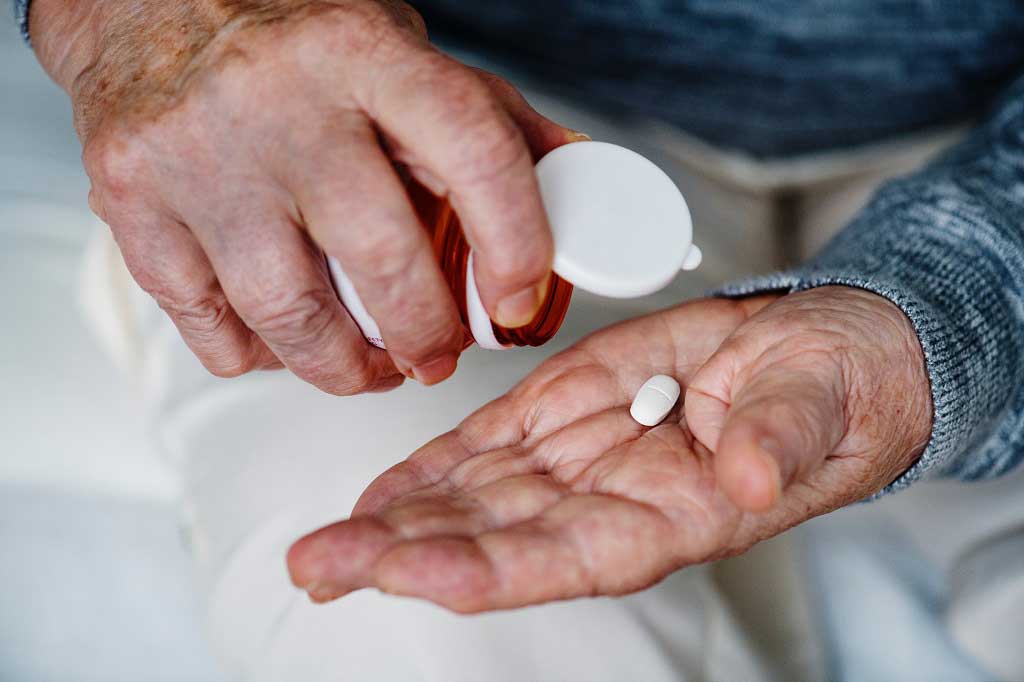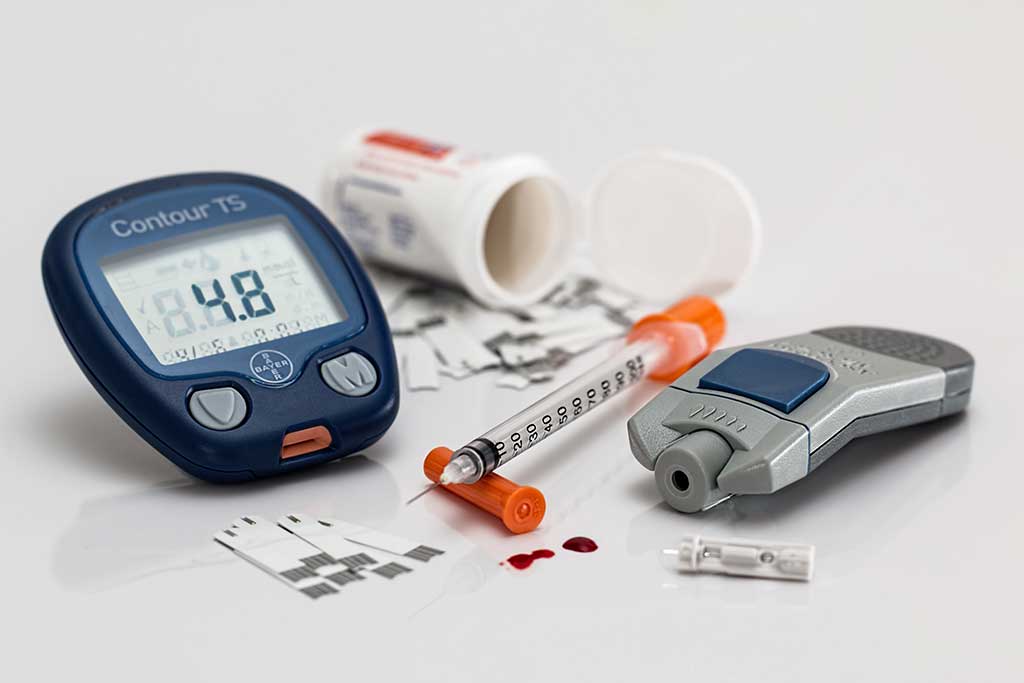Antidepressants and immunity
Medication
“Antidepressants may help body fight HIV and cancer” was the headline in The Independent today. The newspaper article was on research that suggests that antidepressant
“Antidepressants may help body fight HIV and cancer” was the headline in The Independent today. The newspaper article was on research that suggests that antidepressant drugs may help the immune system to fight off serious infection. The newspaper says the drugs could increase the activity of Natural Killer (NK) cells, a part of the immune system that targets cancerous and infected cells and induces “apoptosis” or “cell suicide”. The Daily Mirror focuses on the possible effect on cancerous cells, with a headline claiming “Big C hope for Prozac”.
Although the current research will be of scientific and medical interest, claims about the efficacy of antidepressants in HIV and cancer should not be made prematurely. This study involved laboratory research on blood samples from a specific group of women with HIV, and its findings cannot be generalised outside of this context. Much further research will be needed in people with HIV to see whether antidepressants could have any role in enhancing immunity.
At the current time, antidepressants should continue to be viewed in their role as treatments of depression, stress and anxiety – not as potential treatments for HIV or anti-cancer drugs.
Where did the story come from?
Dwight L. Evans and colleagues from the University of Pennsylvania School of Medicine carried out the research. The study was supported by a grant from the National Institute of Mental Health. The lead author is a consultant to a number of pharmaceutical companies, including the company that makes citalopram, the antidepressant that was used in the study.
The study was published in the peer-reviewed medical journal: Biological Psychiatry.
What kind of scientific study was this?
In this experimental laboratory study, the researchers investigated what controls the function of natural killer (NK) cells. NK cells are part of the immune system and protect the body from viruses and tumours. In people infected with HIV, the function of these cells progressively declines making them more susceptible to other infections and to the growth of new tumours.
It has been suggested that, possibly due to changes in the immune system, depression is a risk factor for more severe illness and increased risk of mortality in several diseases including HIV. There are three regulating systems in the human body that have been extensively studied for their potential effects on stress and depression; the serotonin, neurokinin and glucocorticoid systems. The researchers aimed to examine what effects the drugs aimed at inhibiting each of these systems would have on immune function.
In order to test this theory, the researchers recruited 51 women infected with HIV (80% black), half with depression and half without. They excluded any women with a chronic illness other than HIV, neurological disorders or history of schizophrenia or psychosis, alcohol or substance abuse, who were pregnant, or had used any antidepressant or anti-anxiety medications within the past month. More than three-quarters of the women (78%) were currently taking anti-retroviral (anti-HIV) therapy. Each woman received a full medical assessment and any diagnoses of depression or mood disorders were made using recognised criteria. During this assessment, a blood sample was taken so the researchers could look at the activity of immune cells in the sample. The samples were taken at the same time, each day in all women, to allow for any fluctuations in immune levels that can occur.
Blood samples were tested to determine the HIV viral load of each woman (the severity of infection with the virus) and to check the levels and function of different white blood cells, including NK cells, that make up the immune system. A specific subset of white blood cells that included NK cells was then purified from this blood sample, and separate samples of it were incubated with one of the drugs that acted on the regulatory systems being tested: an SSRI antidepressant (citalopram) that inhibits serotonin; a substance P inhibitor, CP-96345 (SP binds to a neurokinin receptor); and a glucocorticoid inhibitor, RU486 (mifepristone).
The researchers looked at the effects that these drugs had on the function of the NK cells. The drugs had previously been tested on blood samples from healthy donors to determine the drug concentrations needed to produce maximal NK cell activity without killing the cells.
They used statistical methods to look at the effects that each of the three drugs had on the NK cells of each woman’s blood sample, compared to her sample with none of the drugs present. They also looked at whether the effects on NK cells differed based on whether a woman was depressed, whether she was taking anti-retroviral therapy, or her viral load.
What were the results of the study?
Compared to the blood sample without any of the drugs, citalopram and the SP inhibitor CP-96345 both significantly increased NK cell activity. The two drugs were equally effective. The glucocorticoid inhibitor RU486 had no effect on NK activity.
Overall, there was no difference in the effect of the drugs between those women with depression and those without. The viral load and use of anti-retroviral therapy did not seem to make a difference on the effects that the drugs had on NK activity.
What interpretations did the researchers draw from these results?
The researchers concluded that, in the laboratory, an SSRI and an SP inhibitor both enhance NK activity in blood samples taken from HIV positive women. They say that clinical studies are needed to see whether NK activity can be improved in the patient, and to look at the potential role these drugs could have in delaying HIV progression or improving survival.
What does the NHS Knowledge Service make of this study?
Although the current research will be of scientific and medical interest, claims about the effects of antidepressants in HIV and cancer are premature.
- This study only involved laboratory research on blood samples. To date, there has been no investigation of the drugs’ effects on the immune system, HIV progression, or survival of living patients. These effects may differ from what happens when the drugs are applied directly to the blood sample.
- It is not possible to generalise the findings outside of this specific group, who are mostly black women with HIV. The women had different HIV viral loads, but the majority (60%) had undetectable levels and three-quarters of the 51 women were also taking current anti-retroviral therapy. The sample also didn’t include women with other chronic illnesses or any mental health conditions other than depression.
- The sample size was relatively small and could not reliably detect differing effects of each of the three drugs on NK activity between women with and without depression.
- The possible underlying mechanisms of how the antidepressant drugs could be affecting NK cells, e.g. whether they act directly on them or whether the increased activity is caused via other cell mediators, has not been studied and is unclear.
- It is only a theory that any increased NK activity caused by these drugs might help to fight cancer. The study did not investigate if this is true and the authors make no claims about any roles of these treatments in cancer prevention.
As the authors say, “These findings represent an initial step in identifying serotonin and substance P regulation of immunity in HIV infection.” Much further research will be needed in people with HIV to see whether the drugs could have any role as treatments to enhance immunity.
At the current time, antidepressants should continue to be viewed in their role as treatments of depression, stress and anxiety – not as potential treatments for HIV or anti-cancer drugs.
Sir Muir Gray adds...
This is an interesting idea, but we are a good few years from an answer.






 Subscribe
Subscribe Ask the doctor
Ask the doctor Rate this article
Rate this article Find products
Find products






